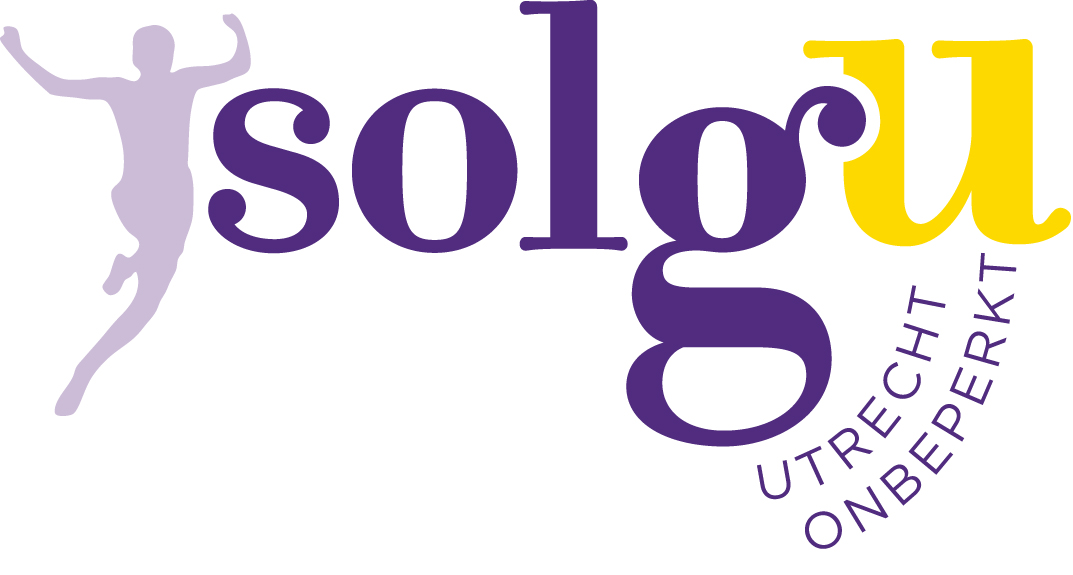When I’m sitting in front of you, I can see you and your outfit, but I can’t see what’s next to you. Most people are able to look around up to 90 degrees without having to turn their heads. My visual field is about 30 degrees. I see so little details that if we were to meet again tomorrow – and you would wear a different outfit – I wouldn’t recognize you anymore.
Passion and talent
I always tell people: “I put my nose on the paper to see up close what I have drawn. When I look at my screen my nose would leave marks on it.” As a child, I always enjoyed drawing, and I quickly realized that my drawings were quite different from those of my peers.
Because of my bad vision (between 20% with glasses and 5% without), which I had for my entire life, almost everyone thought that I was crazy [for wanting to work in the creative industry]. That’s why I started studying psychology. Unfortunately, proper assistive tech wasn’t available back then and the few audio books I had access to were often outdated.
So one day I decided: I’m just going to give it a shot and sign up for an art school.
In addition, excessive reading caused me headaches [i.e. eye pain], so I eventually had to quit. I was weighing different options for a while, however, I still couldn’t let go of my dream to become an artist/designer. So one day I decided: I’m just going to give it a shot and sign up for an art [design] school. If they won’t accept me, I’ll then would have let go of my dream forever.
Portfolio filled with drawings
Armed with a portfolio full of [random] drawings I went to the meeting. It felt a bit like an interrogation. They asked me a lot of difficult questions and I also faced some criticism. Just when I was about to give up, I got the news that I got enrolled. As you can imagine, I was in shock.
I got the news that I got enrolled. As you can imagine, I was in shock.
During my years in design school I tried to keep a low profile but that proved somewhat difficult, since older students always kept asking me to help them out with their artworks.
Working life
I [still] lived in Germany when I started working. At first, I had to deal with a lot of distrust and intolerance [towards my capabilities/skills]. I certainly don’t want make generalizations about all Germans, but many of those I met were completely convinced that what they didn’t think was feasible, simply wasn’t possible.
Being an almost blind designer is something most people can’t wrap their heads around and according to many, such thing is impossible.
On the other hand, some people treated me with a lot of compassion, sometimes too much for my liking. I don’t want to be defined by my disability, I would like to be appreciated [as a person] and taken seriously as a professional. All I want is a regular job to be able to support myself.
Around the world
In the last years I have worked in Thailand and the United States. I have beautiful memories about Thailand, because there I was judged by my work and talents, which got me great opportunities. Here in the Netherlands I’m also doing well, even though I encounter laws and regulations that can be quite hindering.
For example, I have been offered jobs a number of times but employers wanted to apply for a job subsidy. Though I understand their point of view, there are disadvantages for me. I’d be under the thumb of the UWV [Dutch employment agency] and get paid only minimum wage, while all my sighted colleagues make a lot more [for the same work]. Obviously, I don’t want that.
I don’t want to be defined by my disability, I would like to be appreciated [as a person] and taken seriously as a professional.
[button title=”Back to Dutch version” link=”https://hoiutrecht.nl/hiv-durf-te-dromen/” target=”” align=”” icon=”icon-left-bold” icon_position=”left” color=”#BE0004″ font_color=”#FFFFFF” size=”1″ full_width=”0″ class=”” download=”” onclick=””] [button title=”Terug naar de Nederlandse versie” link=”https://hoiutrecht.nl/hiv-durf-te-dromen/” target=”” align=”” icon=”icon-left-bold” icon_position=”left” color=”#BE0004″ font_color=”#FFFFFF” size=”1″ full_width=”0″ class=”” download=”” onclick=””]